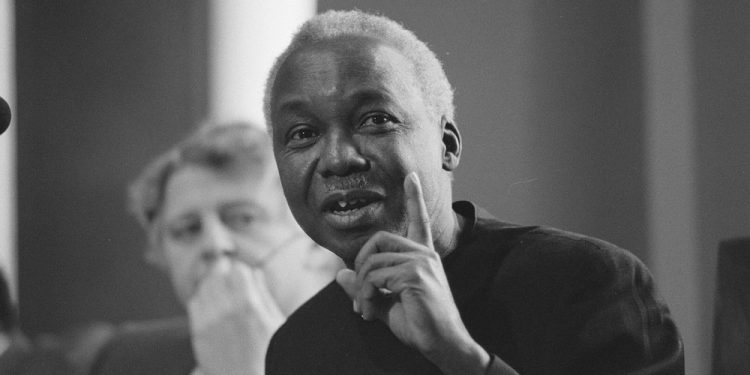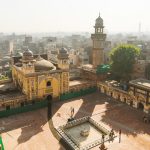
Mwalimu Nyerere Day
Mwalimu Nyerere Day is a public holiday observed annually on the 14th of October in Tanzania. It commemorates the death of Julius Nyerere, the first president of the country, the leading figure of its independence movement, and the person many believe to be the “father of the nation.”
This day features special events and exhibitions that allow people to remember and honor his life. It is also a day off for the general public, with government offices, schools, and many businesses closed.
The History of Mwalimu Nyerere Day
Julius Nyerere was born in March 1922 and worked as a teacher before founding and becoming a member of the Tanganyika African National Union, or TANU. He used this organization to lead the struggle for independence from Great Britain for the people of Tanganyika.
After achieving independence, he became the first Prime Minister of Tanganyika from 1961 to 1962. From 1963 to 1964, he served as the country’s first President. When Tanzania was formed by the union of Tanganyika and Zanzibar, he became President of the new country from 1964 to 1985. Nyerere was given the honorific title “Mwalimu,” which means “teacher” in Swahili.
Observing Mwalimu Nyerere Day
The holiday is observed across Tanzania with special events, but the main events are held in the capital city of Dodoma. There are exhibitions, ceremonies, and other events that highlight the significance of this figure in Tanzanian history.
In 2014, the March for Elephants was also held on this day to raise awareness and call for an end to the international trade in ivory and rhino horn. Sometimes, other events and protests are also held on this day, which coincidentally is a public holiday.








